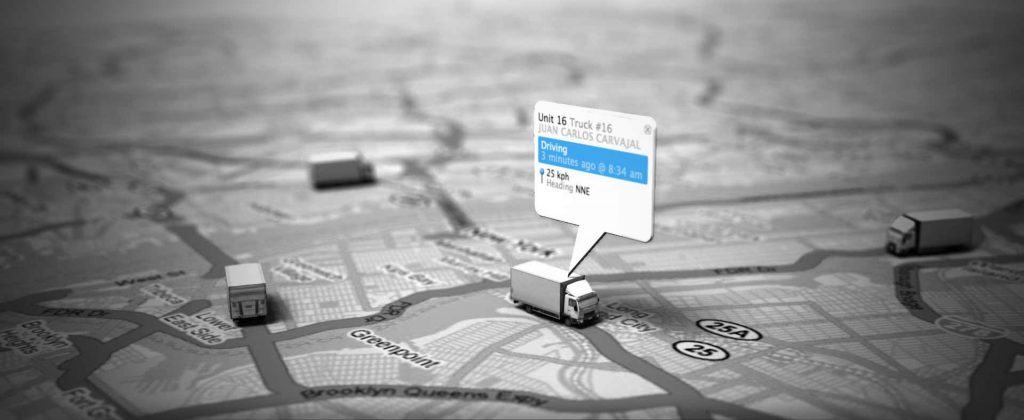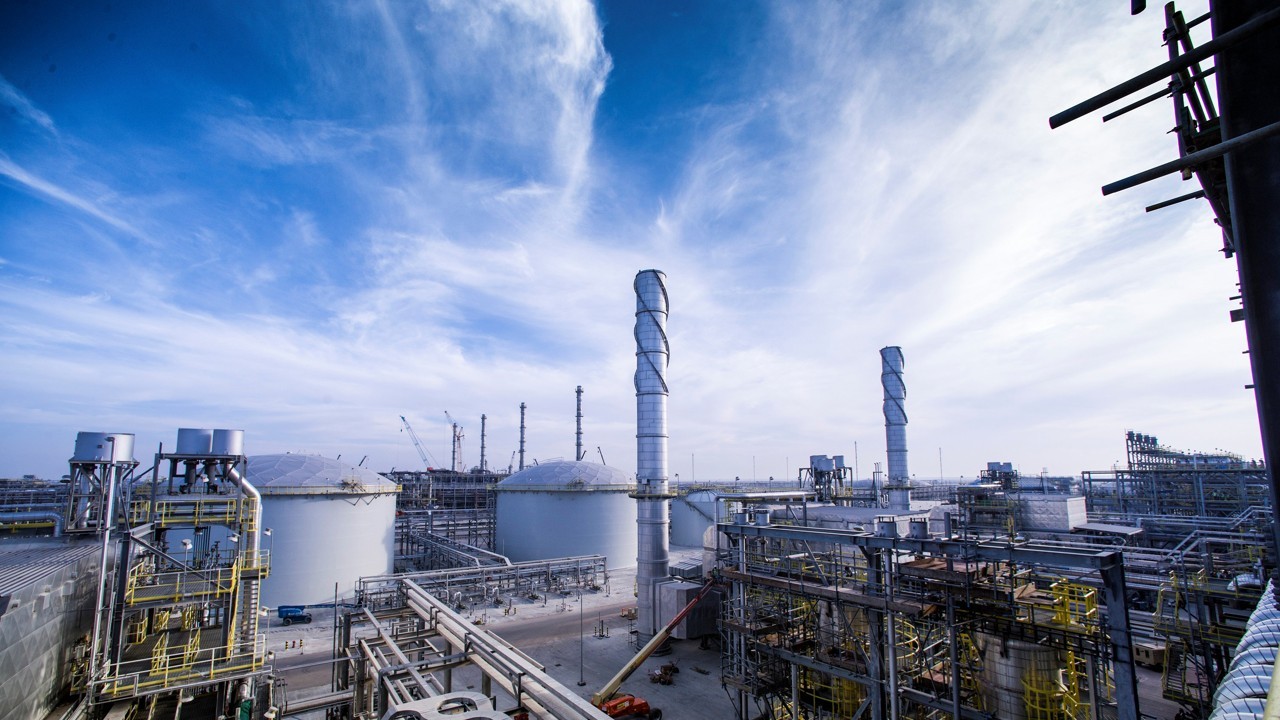As per Statista, more than four billion metric tons of oil is produced worldwide annually. Oil and its closely related gas companies are among the largest corporations globally. The evidence can be found in the fact that of the top ten companies based on revenue, six belong to the oil industry. ExxonMobil from Irving, Texas, the world’s largest traded international oil and gas company reported a 237 billion USD revenue. All these facts highlight that oil is big business and it’s only right that every measure is taken to ensure nothing goes to waste. That leads us to Oil Transportation and remote monitoring.
Oil transportation involves a lot of technical and logistical difficulties. Mostly, the site of oil production is quite remote and cut off from places of its consumption. To bridge that gap an array of transportation networks are put in place, which transport the crude oil to refineries. At the refinery, the oil is processed and later on shipped as a finished product to a place where it’s ready to be consumed, say a gas station.
For companies that are in the oil industry, the process of transportation is immensely important. The major concern for these companies is obviously the oil spill and accidents. On the environmental level, the risks to the marine life, bird and mammals also come into the equation. As a result, ensuring a safe and effective transportation of oil has become a bit of a necessity. Just as with most things in the 21st century, the cutting edge Technology has an answer for it and that answer lies in GPS tracking.
So, how exactly do the GPS tracking solutions help in the oil transportation?
Remote Oil Equipment Tracking

Tracking the real-time status of the equipment makes the actives of oil extraction highly safe and reliable. Not long ago, everything needed to be done manually and it was difficult to maintain strict quality standards. People were often exposed to life-threatening scenarios just to ensure that everything was moving as it needed to. But that seems like a distant memory now. The high-end GPS solutions can help you keep a check on the tank levels, fluid flow rate, operation temperatures and various other key performance statistics, all from a remote location. So as well as facilitating decision making with regards to the extraction equipment, the system also rules out the necessity of putting a worker close to a potentially dangerous place.
Then, a lot of times, you may want to check the pressure on a pipeline carrying a refined petroleum product. With remote monitoring solutions, all you’d have to do is refer to a readout and you’ll be notified if the pressure is too low, high or in the ideal state.
Finally, remote monitoring also comes in handy in managing operational thresholds previously set up by you. In case, a threshold exceeds its specified limit, you get an alert reminding you to take the necessary action.
Monitoring Fuel Transport For Fleets

Fleet tracking is said to be the most standout feature in the GPS system. Once the oil has been extracted and ready to be shipped, the next step is to ensure its safe and timely delivery. That depends on the driving habits and the path undertaken by the driver. Before GPS, there was no way of knowing where the vehicle was headed or whether or not it’ll reach the destination on time. Cell phones proved to be helpful but again they weren’t nearly as effective or revolutionizing as GPS has proved to be. We could imagine that much was left to hope when it came to ensuring safe oil transportation.
A miracle was waiting to happen and it materialized in the form of fleet tracking system. It allows for a close check to be kept on the oil-carrying vehicles.
Monitor’s Driver’s Route and Schedule:

Ensuring that the driver is following the selected path and at the scheduled hour are key to safe and timely transportation. GPS systems are tailor-made for this kind of job. They can help keep a close watch on the path undertaken by the driver and if it’s going as previously scheduled.
A vehicle going off the selected path is an alert signal. It could be that either the driver is lost or the vehicle is in someone else’ possession – possibly stolen. In either case, you have the information to speculate and can take the necessary course of action to get things back in control.
Look Into The Driving Habits:
Other than keeping a check on the driver’s location, it’s helpful to know their driving habits. When it comes to Oil carrying vehicle, the more caution observed, the better. Today’s highly advanced GPS systems are capable of monitoring driver’s driving habits. From seeing how they accelerate, apply brakes and go along the sharp turns, you could actually create their driving graph. If anything makes for alarming reading, you could instantly reach out to the driver on the phone and ask them to use caution. That helps you understand their driving habits. Your Workforce Management is highly facilitated with the GPS technology as it equips you with the ability to see how people work in real-time and whether or not their mode of operation is in keeping with the standards expected of them.
Does GPS Mean Zero Accidents?

The GPS fleet management systems are a blessing to the oil extraction companies. The highly useful data collected through them could be turned into useful reports. For instance, by taking a closer look at the vehicle’s performance over time, you could understand that for how long the vehicle runs at its optimum state and schedule its maintenance accordingly. This kind of proactive approach will ensure a smoother transportation as well optimum cost saving. But, GPS isn’t limited to vehicle tracking, as we’ve already learnt in this blog. Its asset management system that allows for remote checking of how company’s most valuable assets are performing.
The cumulative benefits of the GPS directly render it highly desirable technology. Although we can’t bring down the rate of accidents to absolute zero, with GPS systems we can ensure damage reduction. The fact is that the system makes transportation more systematic. The whole roadmap from A to B through Z is laid out well in advance and brought under as much control as possible. Should anything go against the plan, the remedial measures are quickly employed to bring the situation back on track. With all that, we can safely conclude that the Oil Transportation, compared to the earlier times, has been made many times safer and effective.







Mandeep Singh, thank you for this post. Its very inspiring.
Thanks, Jutta. Feel free to share it.